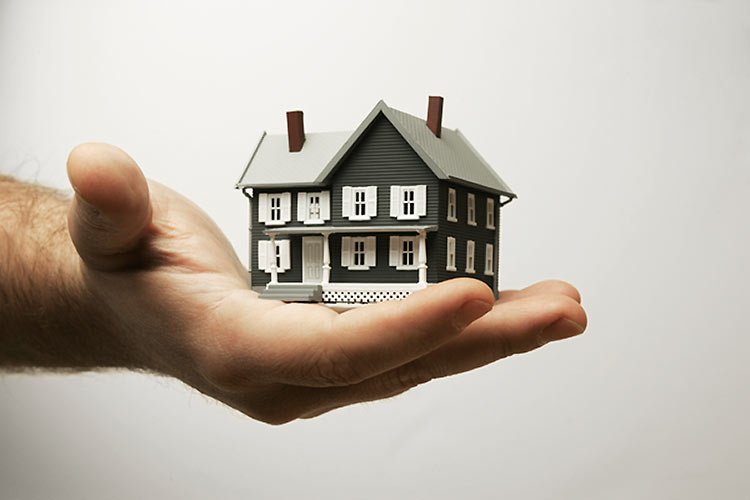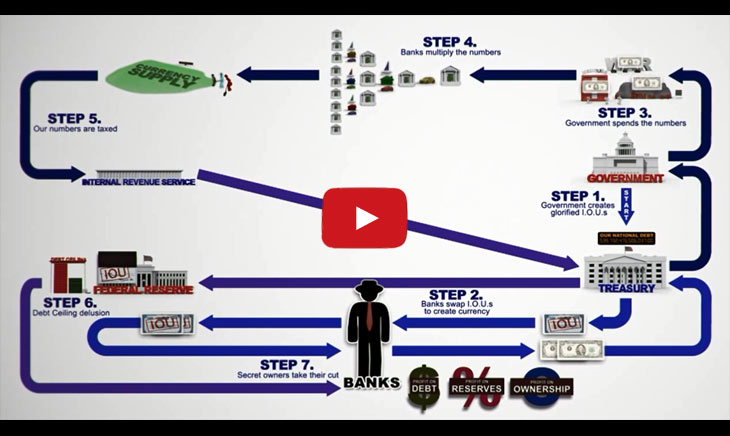Your House is Not an Asset – Seriously!
You heard that right, and hopefully this isn’t a shock to anyone who happened upon this article while browsing the Inter-webs looking for ways to use their most precious “liability” for collateral in an upcoming investment of some sort. Robert Kiyosaki taught America about this several years ago when he released “Rich Dad, Poor Dad“.
I’m going to keep this little life-lesson short and sweet. No fluffy stuff or complex equations to work with.
When it comes right down to it, an asset is something that makes you money. See Richdad.com
Here’s a quick question for you (yes or no): Right now, is the home(s) you own making you money consistently?
Let’s look at the following scenarios to help you determine if your house is in fact an asset.
Do you live in your house?
If you live in your home, pay a mortgage, and all the other associated bills like utilities, taxes, and upkeep – you own a mortgage. Yes, you can try to sell your home at anytime, perhaps at a profit over the original buy price; perhaps at a loss over the buy price.
Regardless, even if you do sell it at a profit, you only get what’s left over after the bank gets the outstanding balance owed them, which is way over the original price you paid, depending on your interest rates, obviously. Of course, you can always refinance and attach even more liability to your home as well.
All in all, in this scenario, you’re paying in and not getting paid.
Do you live in your house and rent a room or portion of the house/property?
If you’re living in your house, but also renting a portion of the house or adjacent property, it might be considered an asset. Might is the big “if” word. The real crux is weather you’re making more than your spending. If all your expenses are covered, then you can consider it a tempestuous asset at best. If your renter leaves, you’re stuck holding the bag, right?
So, for example, if you’re renting the basement out while you and your family reside up top, that renter downstairs would have to be covering all of your household expenses: mortgage, utilities, repair costs, property taxes, etc.
You could also have a barn, garage, or agricultural land on the property that’s being rented and have your house be a paper-thin type of asset – provided those rentals cover all your expenses, including maintenance.
Do you just rent the property?
If, on the other hand, you own a home you don’t live in that cost’s you let’s say for brevity’s sake $1200 a month in mortgage payments and taxes, and you’re renting it for a cool $2000, then that house is strictly an asset. This is providing that you’re still making a profit despite all expenses related to that investment including closing and acquisition costs, property taxes, maintenance, and unforeseen expenses. In this scenario, the renter should be covering all their utilities to lessen the incidence of unpredictable expenses arising.
In this respect your home is an asset. It pays you, instead of costing you.
What does all this mean to you?
For most of you, it means your house isn’t an asset, whether the banker tells you it is or not. Even with rental properties, you still have the possibility for the renter to move out, destroy your home, suffer long periods of vacancy, and for property values to plummet. Renting is somewhat more secure than flipping though, because if you’re in a good neighborhood and you treat your tenants fairly, chances are good that they’ll keep making you money.
The other great thing about renting is that you can use the equity, which is paid for by the renter, as leverage to purchase other properties and do the same thing over and over.
If, on the other hand, you’re living in your home (be it your dream home, or a transition home), and putting money into it, you have a liability investment: something that costs you and which won’t pay out until you sell it, and which has a fluctuating value that’s determined by many factors like the economy that are out of your control.
Read through these stories of people who thought their home was an asset, then soon had to face the reality that it was a liability:
Even more resources you need to read (read Rich Dad, Poor Dad!):
http://www.richdad.com/Resources/Rich-Dad-Financial-Education-Blog/april-2013/rich-dad-scam-6-your-house-is-an-asset
http://www.cbsnews.com/news/is-your-house-an-asset-or-a-liability/
http://www.entrepreneurmag.co.za/advice/personal-wealth/personal-finance/why-your-house-is-not-an-asset/
http://voices.yahoo.com/why-house-not-considered-asset-anymore


